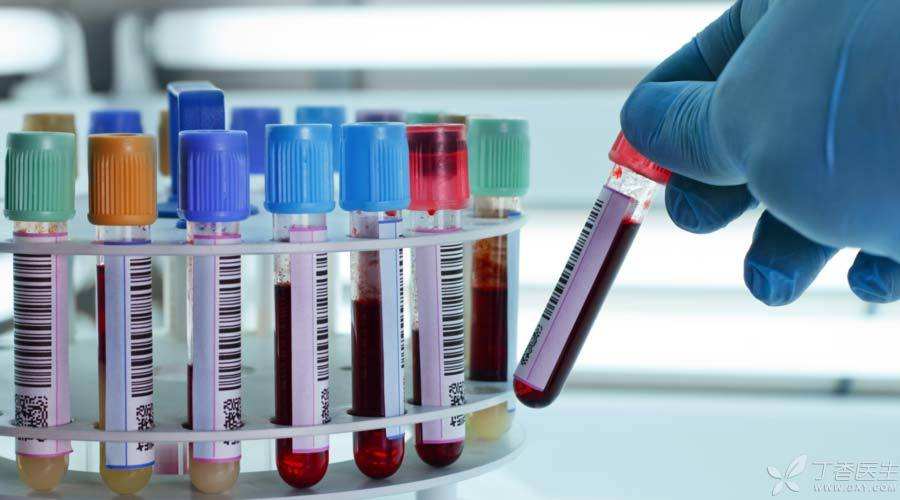
The so-called hyperthyroidism is hyperthyroidism, which is manifested by a series of symptoms caused by increased metabolism.
Hypothyroidism is hypothyroidism, which is just the opposite and mainly shows metabolic decline.
[False Hyperactivity] Hypothyroidism, How to Do?
In the early stage of thyroiditis, such as various acute, subacute, chronic and postpartum thyroiditis, transient (temporary) hyperthyroidism can occur due to the destruction of a large number of thyroid cells and the release of thyroid hormones into the blood, which is only [pseudohyperthyroidism].
With the extension of time, these damaged thyroid cells cannot synthesize thyroid hormones, and most patients will eventually suffer from hypothyroidism with the development of the disease.
For this kind of transient hyperthyroidism disease, it is generally not necessary to use drugs to treat hyperthyroidism in the early stage. Even if used, the dosage of drugs is smaller than that required for normal treatment of hyperthyroidism. It is even more necessary to regularly review thyroid function, find possible hypothyroidism in time, and adjust drugs in time.
It is also because of this that the thyroid function examination list alone is not enough to diagnose hyperthyroidism, and patients are often required to undergo further thyroid color Doppler ultrasound, thyroid-related antibodies, erythrocyte sedimentation rate and other examinations. These examinations are very helpful for doctors to judge the disease condition and find out the cause of [hyperthyroidism].
After finding out the real cause of [hyperthyroidism], the treatment plan should be correctly selected, so as to avoid the occurrence of hypothyroidism caused by drugs to the greatest extent.
The only way to cure? Or…
We all know that there are three main methods to treat hyperthyroidism: drug therapy, isotope iodine 131 therapy and surgical therapy.
In short, it is through the above methods that the [hyperthyroidism] thyroid function is controlled to normal. So, what is the [hypothyroidism] that occurs during treatment?
1. Medication
It is very important to treat under the guidance of experienced doctors in the specialty. According to the requirements of doctors, thyroid function should be reviewed regularly. Adjusting the dosage of drugs at any time according to the review results can avoid hypothyroidism caused by drug overdose as much as possible.
However, each person may have great differences in the effects of different treatment schemes and different drugs. Sometimes even under the guidance of specialists, hyperthyroidism may become hypothyroidism.
Through regular review, drug-induced hypothyroidism can be corrected in time to avoid adverse effects of hypothyroidism on the body.
2. Iodine 131 treatment and surgical treatment
These two treatment schemes are actually a kind of [destructive] treatment, which treats hyperthyroidism by destroying thyroid glands with radioactive rays or surgically removing thyroid glands.
The dosage of iodine for iodine 131 therapy and the size of thyroid gland resected by surgery are estimated according to the examination results. If the dosage is too small or the resected tissue is too small, hyperthyroidism will easily recur. If the dose is too large or too many tissues are removed, hypothyroidism may develop after cure.
However, even if hypothyroidism occurs, there is no need to worry too much. The harm of hypothyroidism to the body is far less than the risk of recurrence of hyperthyroidism and its complications, and the treatment is simpler and the appropriate thyroid hormone can be supplemented.
Therefore, this seemingly [overcorrection] approach is actually a choice after weighing the pros and cons without too much psychological burden.
In short, whether it is hyperthyroidism or hypothyroidism, or whether what is used for treatment, the ultimate goal is to control thyroid function within the normal range, and neither insufficient treatment nor excessive treatment is acceptable.
At the beginning of the discovery of hyperthyroidism, it is necessary to further clarify the etiology of hyperthyroidism, and pay attention to regular reexamination of thyroid function in the process of treatment, so as to minimize the occurrence of hypothyroidism. After hypothyroidism occurs, it is necessary to continue to regularly reexamine thyroid function under the guidance of doctors, and long-term use of drugs for hypothyroidism when necessary.
